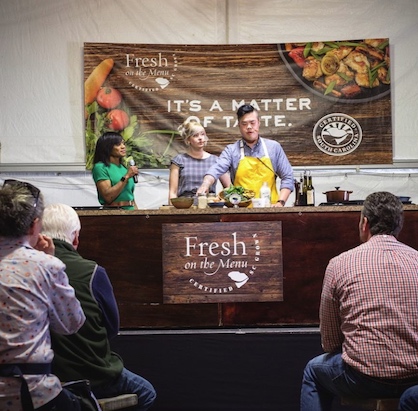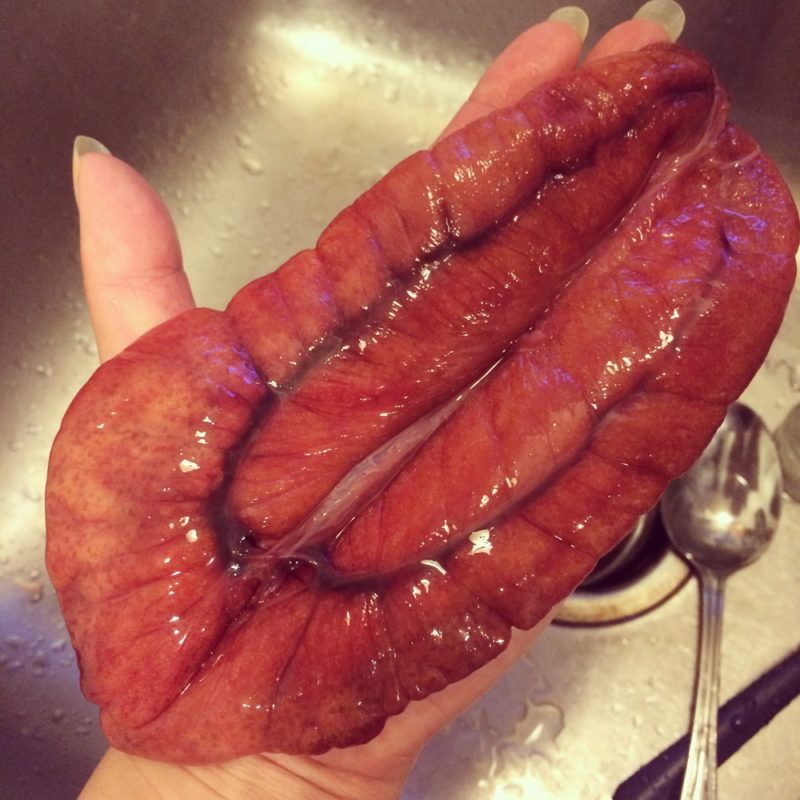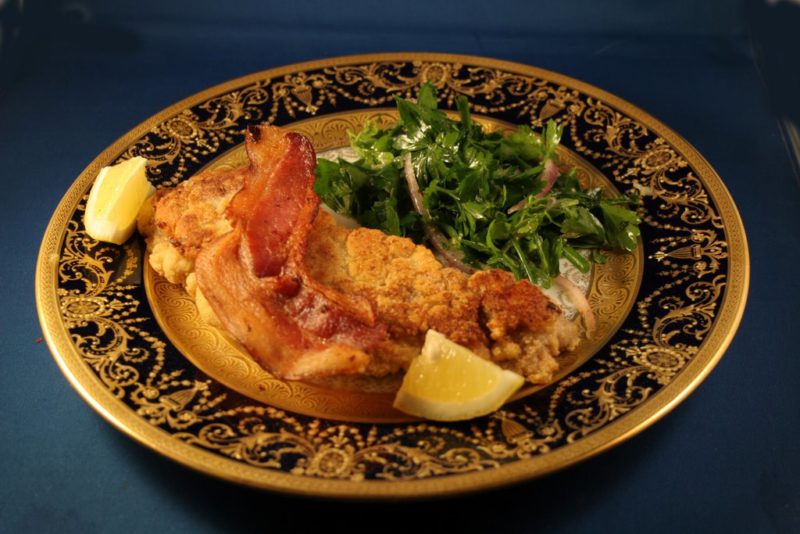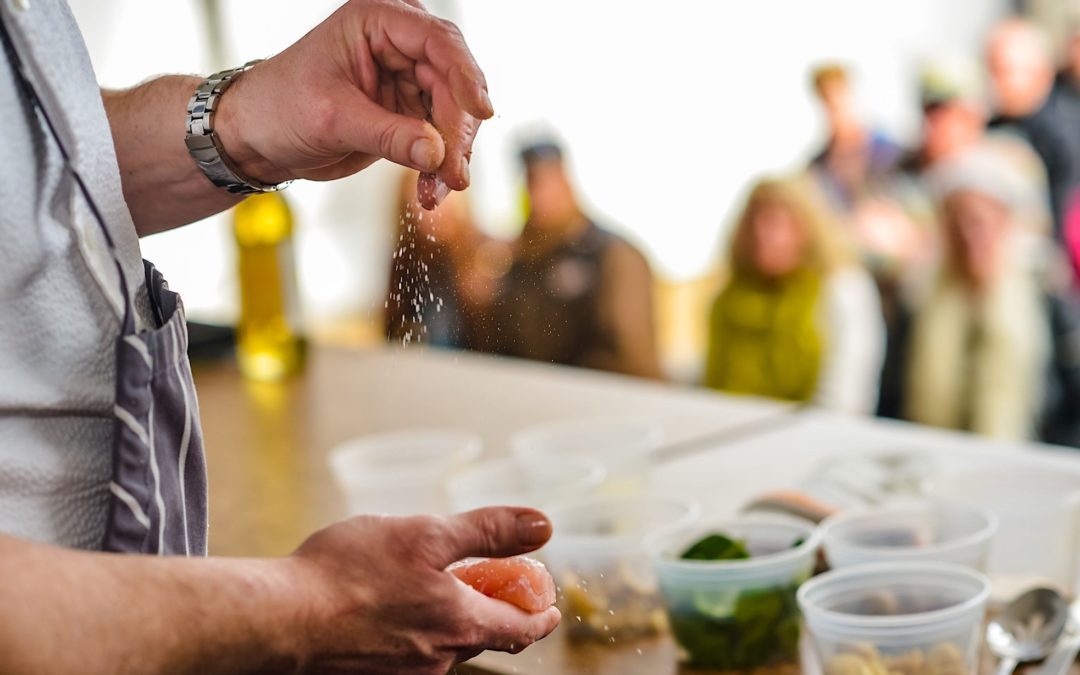The brothers are big on championing the home cook, and the focus of this year’s stage, which includes approximately 18 hours of programming with 18 chefs, 18 farmers, and 18 producers, is to emphasize the less obvious farm-and-field to table connections, such as locally harvested sea salt and backyard citrus. The Lee bros. encourage SEWE visitors to take a break from beef and chicken, and look at game and seafood in their area for weekly meals. The lineup is a reminder, too, that healthy foods do not have to be expensive foods.
Manchester Farms Quail, oysters, duck, venison, shad roe, wild mushrooms, Blue Pearl Farms blueberries—or blueberries from your backyard—are all as readily available as grocery store options, with just a little bit of leg work, and in some cases, big savings.
If you’re not already getting some of your groceries from your local farmers market, it’s time to be hunting, fishing, gathering, and growing at least part of your food. A lot of people feel too busy, but there are ways to co-op some wildlife into your diet. If you’ve ever wished you had venison in the freezer but don’t hunt, for example, you might offer to pay the processing fees of a local hunter to supply you with enough for the winter to make spaghetti bolognese, venison burgers, and stew without a trip to the grocery store. Sportsmen are the leaders in this arena, but for those not ready to field dress a deer there are people like Charleston’s Mark Marhefka leading sustainable seafood programs. He will prepare a snapper dish with Chef Tonya Mitchell of Food Network’s Chopped fame on Saturday. Mitchell brings nuance to the lineup in that she oversees nine College of Charleston campus dining locations rather than a traditional restaurant.
Still not convinced you can prepare wild game on your own? The Lee Bros. are looking for a member of the public to join them on stage Saturday for a slot they’ve reserved for one lucky person. They are running a social media contest through Friday at noon to choose a participant at random.

FIG’s Chef Jason Stanhope will team with Geechie Boy Mill to experiment with Black Forbidden and Moruga Hill Rice. The latter must be boiled for four hours. SEWE guests can have the added treat of being able to say they’ve actually had them.
Other participants include Chef B.J. Dennis, Germaine Jenkins of Fresh Future Farm, Pamela Jacobs of Burden Creek Dairy, Josh Johnson of Old Tyme Bean Company, Caitlyn Mayer of Charleston Oyster Farm, and Nat Bradford of Bradford Watermelon fame, to name a few. Bradford is one of 20 South Carolina farmers participating in a pilot program to grow industrial hemp. Bradford wants to grow hemp for culinary purposes including a kind of spinach substitute. He is in the breeding stage of his research to produce grain for cooking oil, with the leftover seeds used as a protein powder for health shakes and smoothies.
Chef Robert Stehling of Hominy Grill will prepare wild caught shad roe. Though it’s not terribly pretty to look at—or either very pretty, depending on the eye of the beholder—Stehling’s first-of-the-season spring delicacy is sure to draw a crowd.

A member of the herring family, Shad roe should be cooked at low temperatures to avoid bursting the eggs of the female fish (Male Shad produce milt, sometimes called soft roe, large white sperm sacs that become creamy when cooked.) Lowcountry Shad roe dishes are often pan fried, and Southern dame Chef Edna Lewis ate it for breakfast as a child with accompaniments of corn pone, dandelion blossom wine, oven-cooked bacon or ham, scrambled eggs, steamed whole hominy, and wild strawberry preserves.
“It was,” Lewis wrote in The Taste of Country Cooking, “truly a meal to celebrate the coming of spring.”

For SEWE to have begun nearly four decades ago as an event to occupy one of the quiet weekends of Charleston’s low season it now does a lot more, offering hints of seasonal living and new beginnings for anyone willing to learn.

